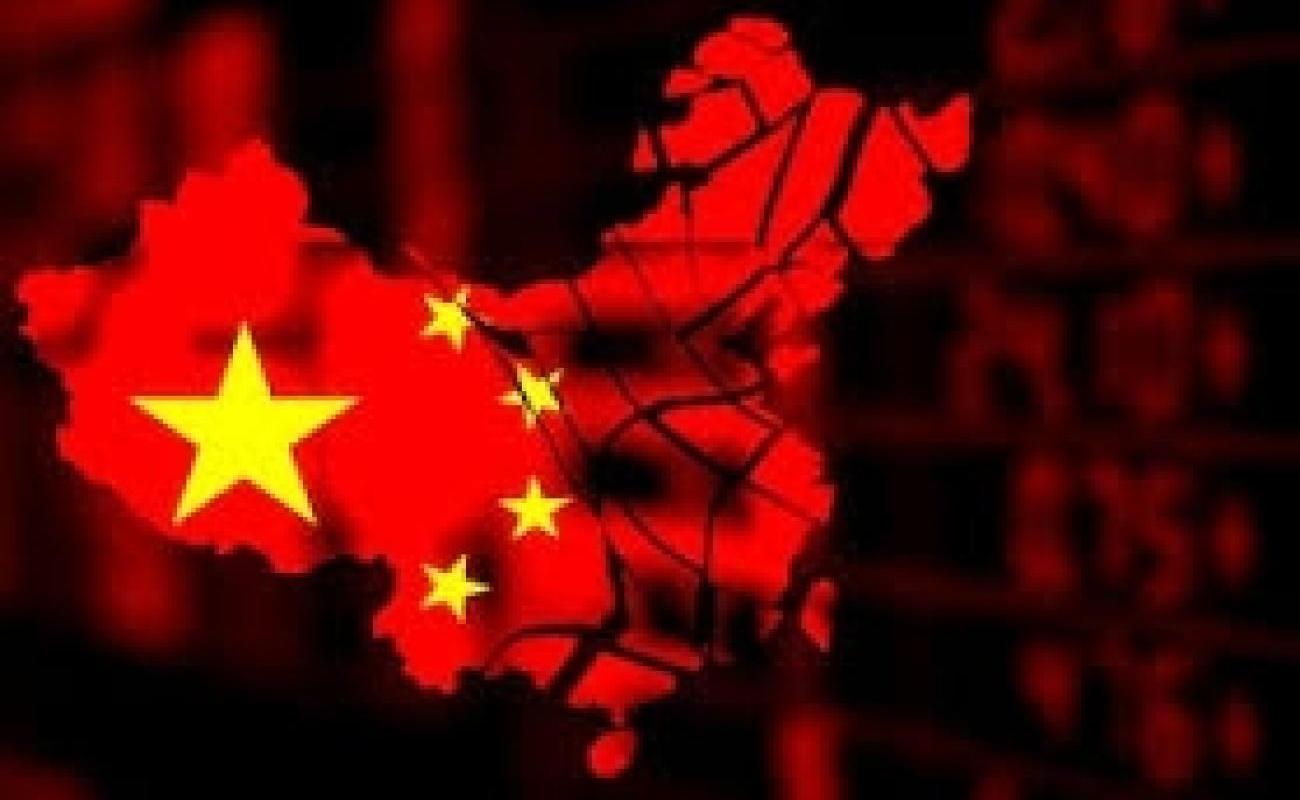China in the Global Power Transition: Geopolitical Ambitions and the Transformation of the International Order

A new study by the Digital Forensics Center (DFC) titled China in the Global Power Transition: Geopolitical Ambitions and the Transformation of the International Order, presented on June 3, 2025, analyzes China's role in contemporary geopolitical processes, including: China's geopolitical strategies and positioning during the war in Ukraine, soft power instruments such as education, media and social networks, China's growing presence in the Western Balkans, relations with the US, the EU and other global actors.
DFC analyst Marko Banović, presenting the study, said that China's ambition to become a dominant power center is no longer based solely on economic expansion, but on a wide range of instruments of influence that include security, technological, cultural and information domains. He said that China uses a combination of hard and soft power, adapting strategies to local socio-political contexts with consistent mechanisms of action. Unlike the EU, China exploits institutional weakness by offering infrastructure projects and political support that is not conditional on reforms.
Banović emphasized that China applies a pragmatic approach based on geostrategic flexibility in foreign policy. Although it cooperates closely with certain strategic partners, Beijing does not exclude the possibility of economic and political cooperation even with countries that are in direct conflict or rivalry with them. Such an example is China's relationship with Russia and Ukraine. China blames NATO for the war in Ukraine, and often criticizes the West for imposing sanctions on Russia. Reducing the overall influence of the United States and creating a new world order based on multipolarism is China's ultimate goal, and BRICS is one of the key tools of multipolarism.
China's hybrid activities are based on infiltration into key sectors, targeting vulnerable individuals, using the civil sector and digital platforms, and manipulating information. Cyber activities associated with Chinese intelligence services target corporations, governments, and IT companies. In the last twenty years, China has profiled itself as a global technological rival to the West, investing enormous resources in the development of artificial intelligence, telecommunications, and surveillance systems.
Banović said that China is using the media as a tool in a propaganda strategy aimed at reshaping international reporting. “The primary task of its tactics is to oppose the Western media space, portraying China in an affirmative context and limiting critical narratives.”
Relations between the People's Republic of China and the European Union, which were initially predominantly economic in nature, have become extremely complex due to modern geopolitical changes. Although China and the EU are significant trading partners, bilateral interactions are burdened with a number of challenges.
Serbia is one of the key strongholds of Chinese influence in Europe, said Banović, adding that, since the Serbian Progressive Party (SNS) and Aleksandar Vučić came to power in 2012, relations between the two countries have been continuously improved. He also noted that China's engagement is growing in Bosnia and Herzegovina, especially in the entity of Republika Srpska.
There are good relations between Montenegro and China that are continuously being upgraded both bilaterally and through the mechanism of cooperation between China and the countries of Central and Eastern Europe and the Belt and Road Initiative, said Banović. He emphasized that, unlike Russia's, Chinese interests in Montenegro are not motivated exclusively by political aspirations, at least not in the sense of direct interference in the country's internal affairs or foreign policy orientation.
"China will continue to strengthen its influence in the Western Balkans to facilitate access to the European Union (EU) single market. Montenegro's potential distancing from the EU would allow both China and Russia to consolidate the socio-political positions they have established in the previous decade," the study states.
The study also provides specific recommendations: developing a comprehensive national strategy to combat hybrid threats and foreign malign influence, increasing institutional transparency in the area of Chinese investments and interstate arrangements, supporting independent and professional journalism and adequate media coverage of the Chinese narrative, introducing a legal framework for official visits to Chinese institutions, more active involvement of civil society and academia in monitoring the Chinese presence in Montenegro, defining clear security standards for Chinese technologies, and recalibrating Western presence and competitiveness in the Balkans.
CONCLUSION
A study published last month by the Digital Forensics Center, which is based in Montenegro, has attracted a lot of attention in Montenegro, but also in the Western Balkans region. Presenting the study, the authors highlighted China's ambition to become a dominant center of power, using not only economic expansion to achieve this goal, but also a wide range of instruments of influence that include security, technological, cultural and information domains.
The Embassy of the People's Republic of China in Montenegro was the first to react to the study's allegations, followed by the DFC's response to the Chinese Embassy's response.
The Chinese Embassy's response, which was reported by Montenegrin media, stated that the study "distorts the facts, unjustifiably attacks and denigrates China", although the study's allegations are based on publicly published documents of international organizations, as well as the positions of Chinese officials when it comes to international relations.
Although the Chinese Embassy's response states that China "has never interfered, nor has any interest in interfering in the internal affairs of other countries". This allegation is problematic to say the least. Because every non-transparent contract with Chinese companies that is not presented to the public, a violation of domestic legislation (in the areas of taxes, ecology, workers' rights, etc.) represents direct interference in the internal affairs of the Western Balkan countries.
